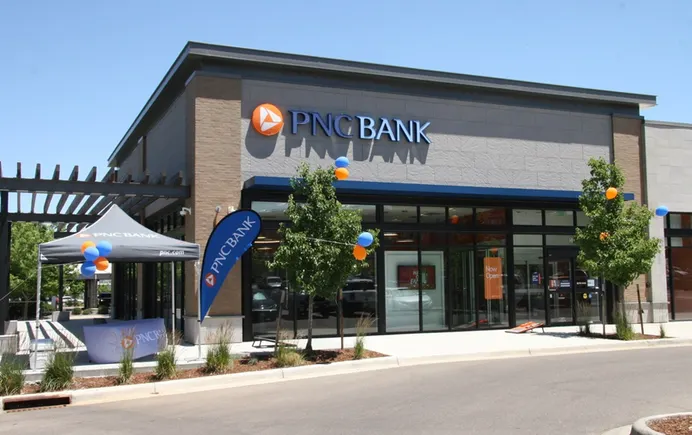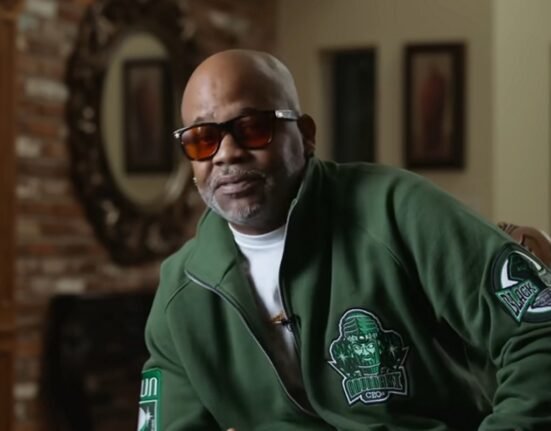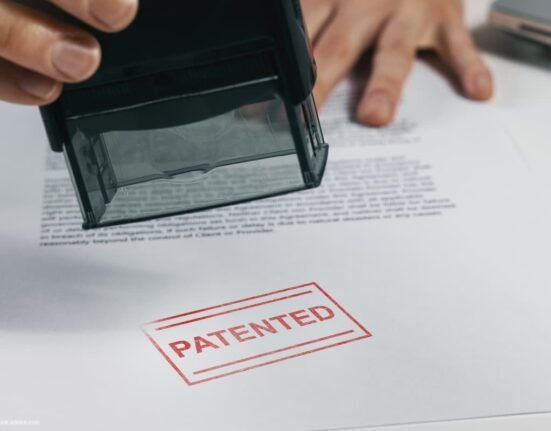An appeals court Thursday overturned a $218 million verdict against PNC from a patent-infringement case brought by USAA.
The mobile-deposit technology patents USAA accused PNC of violating “fall ‘within the realm of abstract ideas’” and don’t contain enough specific information to be patent-eligible, the U.S. Court of Appeals for the Federal Circuit ruled Thursday.
“The claim elements recite only routine and well-known steps taken when depositing checks, like authenticating the customer, capturing check images, reading the check amount and account information, and checking for errors,” Circuit Judge Todd Hughes wrote Thursday for the court’s three-judge panel.
USAA’s claims, Hughes added, “are silent as to specific software or technical advances” involved.
“There is no elaboration or specificity on how steps like ‘checking for errors’ or ‘monitoring lighting’ are performed,” Hughes wrote. “The patents just disclose that these steps happen and discuss them in a results-oriented manner.”
A PNC spokesperson said the bank appreciates that the court “recognized that USAA’s patents should never have been issued.”
USAA expressed its disappointment with the decision and is reviewing its options for appeal.
The ruling ostensibly opens an appeals route for other banks that have run afoul of USAA’s patent claims. Before the ruling against PNC in 2022, USAA won two nine-figure judgments against Wells Fargo in 2019 and 2020. It most recently sued Regions Bank in January.
USAA sent letters to 100 banks in 2017, warning them they were violating the company’s 130 mobile deposit patents.
The San Antonio-based, military-focused insurance and financial services provider has offered to enter licensing agreements with individual banks as an alternative to court action – and a handful of lenders have taken that deal. Truist in October 2023 signed such an agreement to resolve a lawsuit with USAA. Discover, that same year, signed a licensing agreement to avoid court action. Raleigh, North Carolina-based First Citizens Bank & Trust signed a similar agreement in October 2024.
Hughes’ ruling hangs on precedent from a 2014 Supreme Court opinion – Alice Corp. v. CLS Bank Int’l – asserting that abstract ideas are not patentable because cordoning off these “basic tools of scientific and technological work” through patents could hinder innovation.
“We conclude there is no inventive concept that would support patent eligibility,” Hughes wrote Thursday. “USAA focuses on the notion of mobile check deposits being inventive … but this simply cabins the abstract idea of check deposits to a particular technological environment, which is insufficient.”
USAA’s fight over mobile deposit technology, an innovation first meant to benefit service members deployed overseas, has raged for roughly two decades. USAA collaborated on remote deposit capture in the early 2000s with identity verification software firm Mitek. The two companies, however, had a falling out, and each separately launched similar mobile deposit capture products — first Mitek in February 2008, then USAA in August 2009.
After a series of legal battles over the rights and licensing of the technology, the companies settled in 2014. Both kept their patents.







